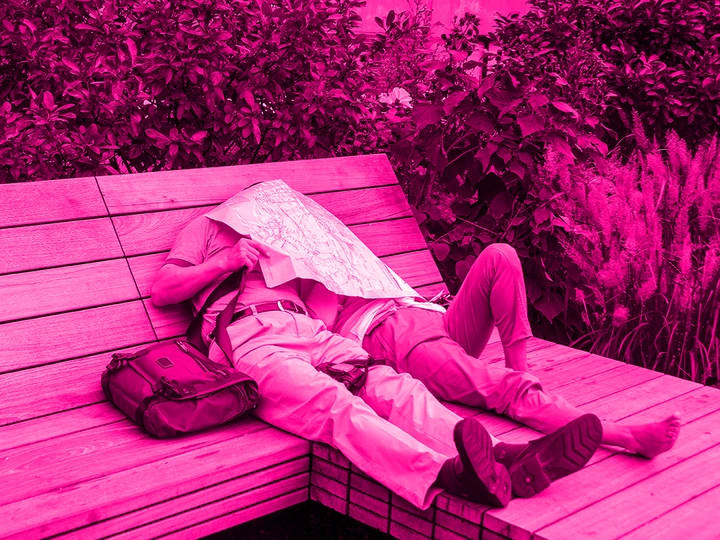EQUICITY. Feminist Practices in Public Space.

RHIZOMA is a collective for research and design in the built environment, based in Rome and Barcelona.
We founded RHIZOMA in 2020 but the idea behind it is much older. Since we met at the School of Architecture at Roma Tre University in 2005, we have been discussing, exploring and reflecting with curiosity and wonder on the contemporary issues of the built environment and the pioneering advancements of design research.
The founders of RHIZOMA are:
Dorotea Ottaviani. Architect, researcher and educator. Research Fellow at Sapienza University of Rome (IT) engaged in a Horizon2020 project on NBS and Public Space. As an Postodoctoral Researcher for the EU ADAPT-r ITN project at Glasgow School of Art (UK), conducting research in the field of design research. She contributed to the establishment of the practice-based PhD program at the both Graduate School of Architecture, University of Johannesburg (SA) and Virginia Tech (US).
Cecilia De Marinis. Architect, researcher and educator. Associate Professor at BAU, College of Arts and Design of Barcelona. She holds a degree in Architecture and a PhD in Sustainable Urban Design from Roma Tre University (IT). Lecturer at the School of Architecture and Built Environment, Deakin University (AU) 2018-2022. Postdoctoral Research Fellow at RMIT University (AU) and RMIT Europe (SP), conducting research in the field of design research.
One of our notable achievements is the project "Back to the Future of Public Space: Postcards from 2020" which explored the transformation happening in the use and perception of public space during the COVID-19 pandemic. This research project comprises publications, virtual and physical exhibitions, talks and a call for postcards. The project was exhibited in different countries and institutions and selected for the MAB Media and Architecture Biennale 2021.
The project won third prize in the A-Place Mapping 2021 Artwork Competition.
In 2022 we initiated the research project "EQUICITY. Feminist Practices in Public Space".
The project aims to explore how we can collectively make all voices in the urban environment heard through feminist and caring practices.
The concept of the "Caring City" is the one that leads our thinking and we aim to extend such an idea to care not only for humans but also to include all the non-human entities that inhabit the urban environment.
As J. C.Tronto and B. Fisher (1990) suggest, caring should be viewed “as a species activity that includes everything we do to maintain, continue with, and repair our ‘world’ so that we can live in it as well as possible".
From this perspective, we study the urban public space to understand and identify elements or lack of care in the urban environment, led by the question: how does urban public space respond to the needs of the variety of lives that populate it? Are all voices heard and responded to?
Through this research initiative, we envision the possibility of generating a collaborative platform to map the different approaches to care in urban public spaces, showing projects, practices, and activities.
Within this context, we propose a series of Collaborative Workshops in Public Space for the LINA Fellows Call.
We envision a dynamic experience through urban public space in which everyone is invited to collect (filming, drawing, photography, performance, etc) details and intangible elements that shape the perception of public space, including humans and non-humans, specifically observing space through the lens of feminist and caring practice. The results of the workshops will be composed in an exhibition.
Workshops are flexible and to be applied to different urban contexts.